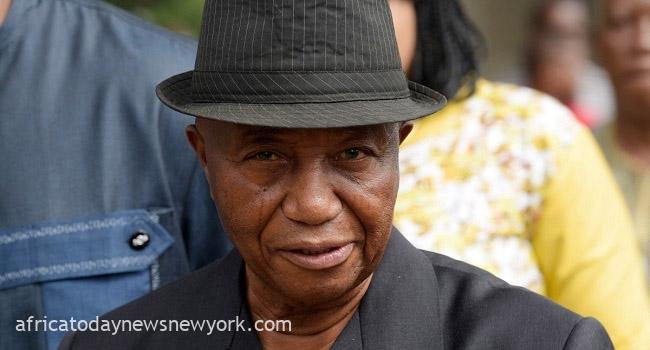The President of Liberia, Joseph Boakai has indagated a task force to crackdown on corruption and to recover stolen state assets from the previous administration.
Mr. Boakai gave the order for it to find and bring charges against any high-ranking officials. Investigations against former and present government officials are necessary.
Assets “wrongfully acquired at the expense of the government and people of Liberia” must be returned, according to his executive order.
It was imperative to “curtail this alarming menace that has engulfed our country”, the president said.
People who purchased government assets illegally would also be forced to return them.
Individuals who live outside of Liberia and are suspected of siphoning off public assets could face extradition.
Read Also: US Slams Sanctions Zimbabwe President Over “Corruption”
Funding has been allocated to the task force, which will begin work immediately.
On the campaign trail last year, Mr Boakai promised to tackle corruption.
He went on to win the election, beating former President George Weah in a run-off with just over 20,000 votes.
Mr Weah’s presidency was plagued with accusations of corruption and faced criticism for the excesses of senior officials.
After Mr Boakai’s inauguration in January he asked former officials to turnover government assets they had in their possession “without delay and hesitation”.
In a related development, the government of the United States has slammed sanctions on the President of Zimbabwe, Emmerson Mnangagwa, along with other senior officials, over corruption allegations and human rights abuses.
The US government on Monday claimed that they can confirm that leaders in Zimbabwe were siphoning off public resources for personal gain.
This move scraps the old executive sanction order introduced in 2003 and moves 11 individuals and three entities onto the global list – the Global Magnitsky sanctions program.
The US also criticised the targeting of civil society and severe restrictions on political activity.

